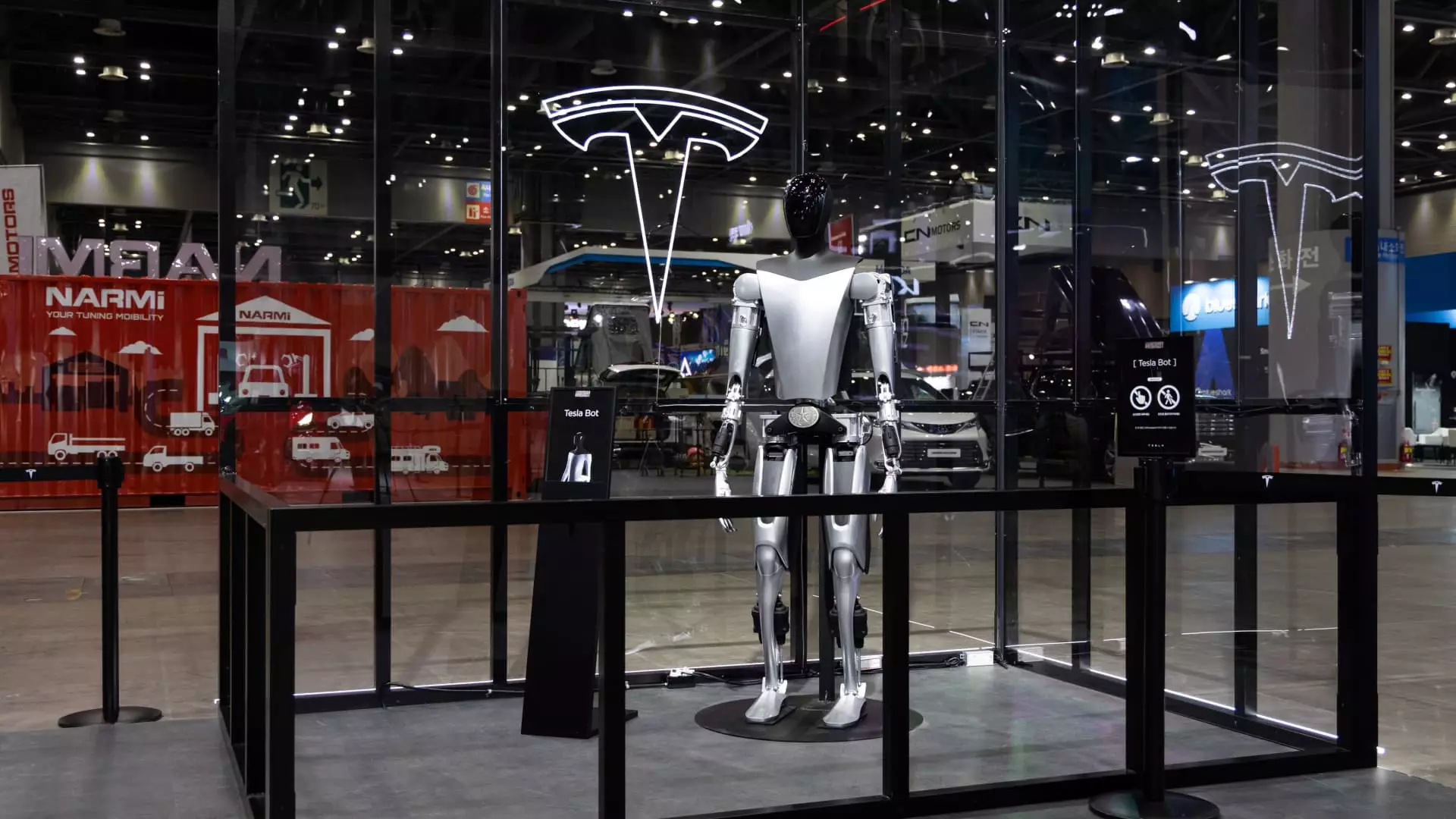Elon Musk, the visionary CEO of Tesla, made bold claims at the 2024 annual shareholder meeting about the potential impact of Optimus humanoid robots on the future of the company. Despite his track record of ambitious promises, Musk’s vision for the future of Tesla is centered around advancements in robotics, artificial intelligence, and autonomous driving.
In 2021, Tesla unveiled its plans to develop humanoid robots, with Optimus being the central character in this new venture. Musk’s grand vision includes Optimus robots being capable of performing tasks ranging from cooking and cleaning to factory work and even teaching children. However, critics have raised concerns about the deceptive nature of the demonstrations showcasing Optimus robots, as they were operated with human control rather than being autonomous.
During the shareholder event, Musk projected that Optimus robots could potentially elevate Tesla’s market capitalization to $25 trillion in the future. This ambitious target would position Tesla as one of the most valuable companies globally, surpassing giants like Apple and Microsoft. Musk’s optimism extends to the production and deployment of Optimus robots in Tesla’s own factories, with plans to have over 1,000 to a few thousand robots operational by 2025.
While Musk’s vision for the future of Tesla is undeniably groundbreaking, critics have expressed doubts about the feasibility of achieving a $25 trillion market cap. Tesla’s stock has faced challenges in recent times, with a sales decline attributed to an aging electric vehicle lineup and increased competition in key markets like China. Musk’s insistence on looking towards a future of autonomous driving, robotics, and AI has divided opinions among investors and analysts.
Despite Musk’s confidence in Tesla’s advancements in silicon and inference, competition in the robotics and AI space remains fierce. Companies like Boston Dynamics, Agility, Neura, and Apptronik are also vying for a stake in the market for humanoid robots. Musk’s ability to outpace competitors and deliver a superior product within a shorter timeframe will be critical for Tesla’s success in this burgeoning industry.
Elon Musk’s grand vision for the future of Tesla, encompassing humanoid robots and advanced AI, represents a significant departure from the company’s core focus on electric vehicles. While his optimism and ambition are commendable, the road ahead is fraught with challenges and uncertainties. Only time will tell whether Tesla can turn Musk’s bold promises into reality and emerge as a dominant player in the world of robotics and autonomous technology.

